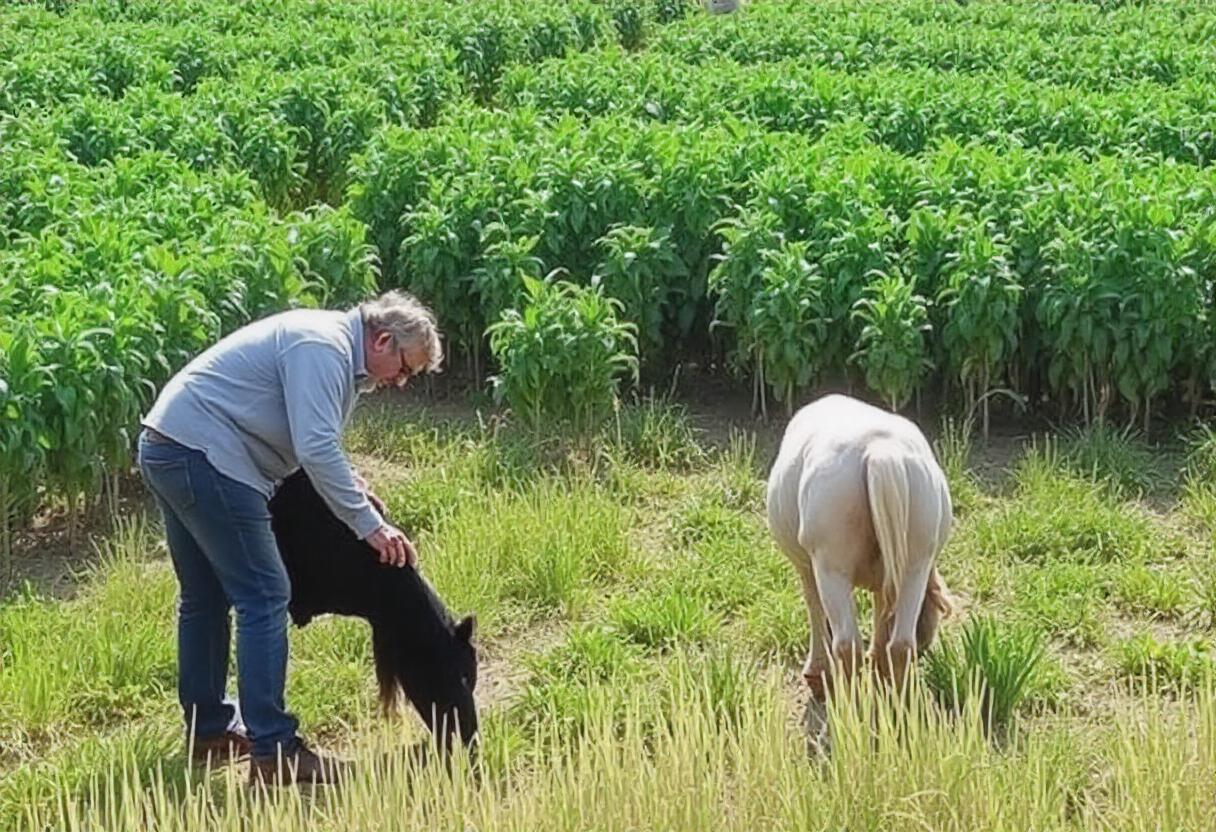
Agriculture is a crucial part of Winnipeg’s economy, offering a diverse range of farming activities, from crop production to livestock farming. The region’s unique climate, fertile soil, and agricultural infrastructure contribute significantly to its success.
Climate and Geography
Winnipeg’s agricultural landscape is shaped by its continental climate, with cold winters and warm summers. The growing season is relatively short but intense, allowing farmers to cultivate a variety of crops. The Red River Valley, with its rich alluvial soil, plays a critical role in crop production, offering ideal conditions for high yields.
Major Crops Grown in Winnipeg
Winnipeg is known for the cultivation of several staple crops. Wheat, barley, and canola are among the top crops grown in the region. Canola, in particular, has become a major export, driving economic growth. Additionally, oats, flaxseed, and sunflower seeds are grown for both domestic use and export.
Livestock Farming in Winnipeg
Livestock farming is another important agricultural activity in Winnipeg. Cattle and hog farming are the most prominent, with dairy farms also contributing to the local agricultural economy. The region’s vast grazing land supports large herds of livestock, ensuring a steady supply of meat and dairy products for both the local market and international trade.
Agricultural Infrastructure and Innovation
Winnipeg is a hub for agricultural innovation and infrastructure. The city hosts several research institutions focused on advancing farming techniques, improving crop varieties, and optimizing livestock production. The presence of grain elevators, processing plants, and transport networks also supports the efficient movement of agricultural products to markets across Canada and abroad.
Role of Technology in Winnipeg Agriculture
Technology has become increasingly integrated into Winnipeg’s agricultural practices. Precision farming, GPS-guided equipment, and data analytics are now common tools for farmers in the region. These technologies help improve productivity, reduce waste, and enhance sustainability, making Winnipeg a leader in modern agricultural practices.
Challenges Faced by Winnipeg Farmers
Despite its successes, the agricultural sector in Winnipeg faces several challenges. Climate change, with its impact on weather patterns and growing seasons, poses a threat to crop yields. Additionally, fluctuating commodity prices and rising input costs for seeds, fertilizer, and equipment put financial pressure on farmers. Ensuring sustainable farming practices while maintaining profitability remains a key concern for the region’s agricultural community.